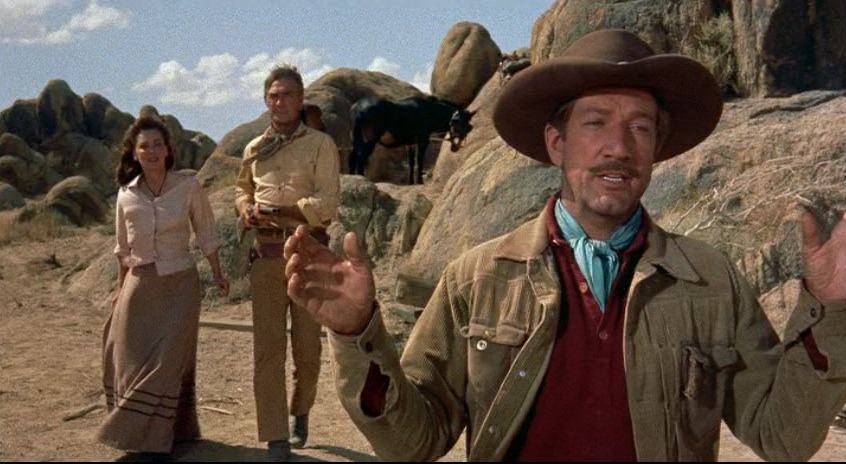Ah, the thrill of the chance encounter on a wet n’ cold Wednesday afternoon while hiding out in the warmth of a British Library reading room. I had been distractedly flicking through old NMEs when a thumbnail photograph of Big Star pulled me up short. It was illustrating a 1974 article on overlooked American acts, among them Steely Dan, Todd Rundgren, Jackson Browne, Bachman Turner Overdrive, Joe Walsh and the like. But the piece kicked off with Big Star, true unknowns . . .
This is a band that just won't budge despite the flatteringest reviews imaginable, much of which puzzlement is rooted in the poor distribution job by Stax on behalf of Ardent – mini-concern based in Memphis and run by ex-DJ John Fry.
With the departure of guitarist/writer/vocaliser Chris Bell following the recording of “Big Star 1” some playing-gaps have begun to show on the just-issued “Radio City”, an exotic, meandering production that needs compound listening before it takes hold, but they still do beautifully as a trio.
The band now consist of leader tortured punk-genius Alex Chilton (former Box Tops chieftain), with Jody Stephens on plug drums and Andy Hummel on bass. "Big Star I" remains highly recommended – an immense pop beauty rotating across the breadth of the Sixties' experience, through The Byrds, The Beatles, and Led Zeppelin
“Radio City" in probably just as great, but we're still getting into it and we’ll be coming back to it by and by.
This March 1974 sub was most likely written by Andrew Tyler (though Nick Kent would be a good second guess). Promises to follow something up that came to nothing were fairly commonplace in the NME so expecting more after Tyler had done his duty and seen if ‘compound listening’ would pay dividends seemed unlikely to be shared with readers. A week later, however, we have his full review and it’s a beauty, not only because he catches what’s so great about this album but also because he takes the still forming notion of ‘punk’ and attempts to give it some shape and substance. Not as one might expect around Iggy and the Stooges or the New York Dolls, but Alex Chilton two or three years before he was kicking around the Lower East Side and hanging out with the Cramps.
To cap it all he puts ‘New Wave’ together with ‘punk’ in his first sentence and in the second paragraph is calling ‘punk’ last year’s thing. In Tyler’s definition punk is a badge of authenticity worn by ‘true rebels and outlaws’:
So what do we ask of a rock ’n’ roll outlaw? Only that he doesn't grovel for an audience or the industry, that he moves in a kind of agonised innocence and stays clear of gurus and lefties.
Tyler’s punk outlaw will be a ‘musical visionary’ but not one parlaying some ‘Arts Supplement bilge’. Chilton fits his bill, ‘Big Star leap past everyone of their American and British contemporaries and set Chilton up as one of the Great Misunderstoods of punk rock’. He celebrates Chilton’s ‘snarl’, ‘nervous raw voice’ and ‘untampered arrangements’ against the ‘studio technicalities’ and reverence of the band’s debut. Radio City is full of a kind of bravado that has been missing since Revolver, he writes (and Nick Kent concurs).
What Tyler has to say about individual tracks you can read for yourself as you ponder the idea of Chilton as ‘tortured punk-genius’. Like with Big Star the history of punk rock could benefit from some compound thinking
For further reading that goes way beyond this footnote head over to Grant McPhee’s deep archeological dig into Big Star’s legend HERE
Postscript
October 1973, NME Teazers column suggests Slade to cover Big Star’s ‘Don’t Lie To Me’ . . . Fabulous










